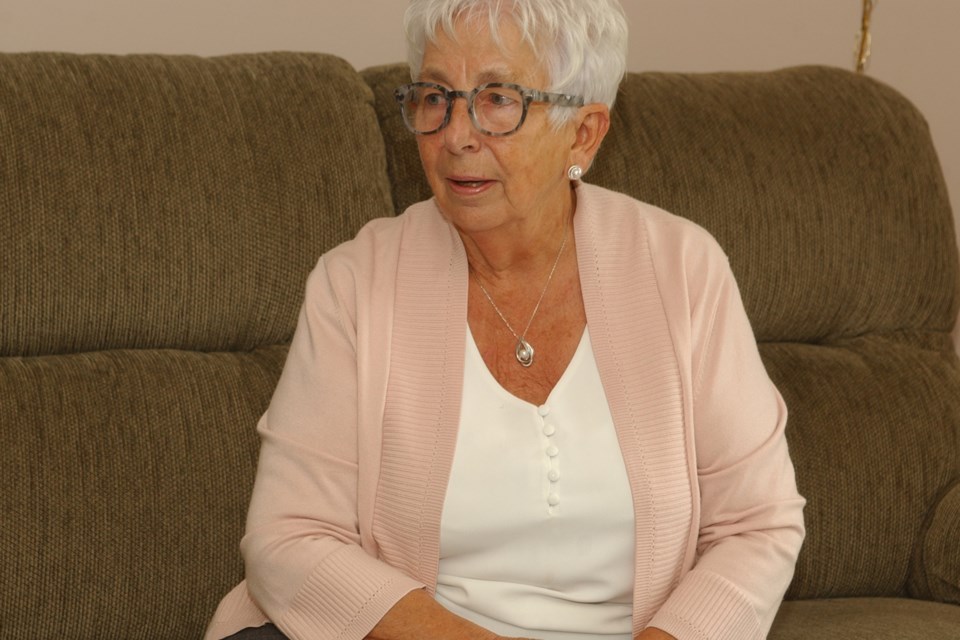OLDS - The COVID-19 pandemic has cast a light on ageism, affordable seniors housing, neglect, and the need for a cultural shift in Canada to accommodate a rapidly aging population.
A dedicated group of volunteers are trying to make Olds a model community offering alternatives: inter-generational living, aging-in-place laneway housing, and other proven methods to make Olds a safe, affordable and secure place for seniors.
In September, committee members Rita Thompson, Erica Sweetman, and Bernice Lynn gathered to share background, insight and direction on how Olds can become an outlier – a designated age-friendly community that could serve as a template for the rest of the country.
The committee has been active for years. It’s conducted surveys, held focus groups and reported back to the community. In 2015 it received an endorsement and resolution from the town.
Promoting an age-friendly community seemed counterintuitive to some and it has its detractors at first – a young workforce is generally considered the benchmark for growth and prosperity.
Statistics, however, confirm Canada’s low birth rates means a tsunami of greying Boomers will outpace all other age categories. The status quo for seniors’ housing isn’t sustainable.
“The pandemic has certainly shone a light on what was happening to seniors and has created a lot of fear amongst seniors and some seniors’ families who have family in long-term care. I think the fear is people are going to end up in a warehousing situation,” said Bernice Lynn.
Too often, crisis is the catalyst for finding additional care for a loved one – including assisted living and long-term care.
Family members are often forced to make quick, heart-wrenching decisions – often while trying to manage a job and family in a different town, city or country.
“You either place the parent or you become a caregiver,” said Erica Sweetman.
Well-financed seniors have a distinct advantage to their financially-strapped peers. The committee is asking for consistency and clarity on the CMHC’s definition of affordable housing: no more than 30 per cent of household income should be spent on shelter.
Committee members recently met with MLA Nathan Cooper – he’s organized a meeting with the Affordable Housing chair, MLA Mickey Amery.
The meeting will allow the committee to stress how the “rural perspective” is not being represented on the panel and there is a lack of emphasis on seniors.
“One of things we did get done is the definition of affordable housing and we met with the town and they did put it in their municipal development plan. It has been shocking for us to learn what a high percentage of our communities are above that. We feel that it’s important that this is communicated and not just in our community but in the province and our country. There needs to be an overall definition so when you go to buy a property you know. If you’re over and above that, what kind of stress does that place on a family,” said Rita Thompson.
Inflation can easily outpace a pension or the limited returns on a senior’s savings account. “One of the difficulties for seniors is seniors typically retire at 65 -- some have a pension, some not. With the increased cost of living – even if your house is paid off – what you budgeted for at 65, you may find yourself at 85 not being able to afford the house you’ve always lived in,” said Bernice Lynn.
The committee will continue to consult with the community and will present an action plan, including a cost/benefit analysis.
It will be ready for council to review by the beginning of the new year.
The initial report has been presented to town council, they’ve met with MLA Cooper, and informed MP Earl Dreeshen.
For further information and updates, you can follow the Age-Friendly Committee on Facebook Age Friendly Olds.



